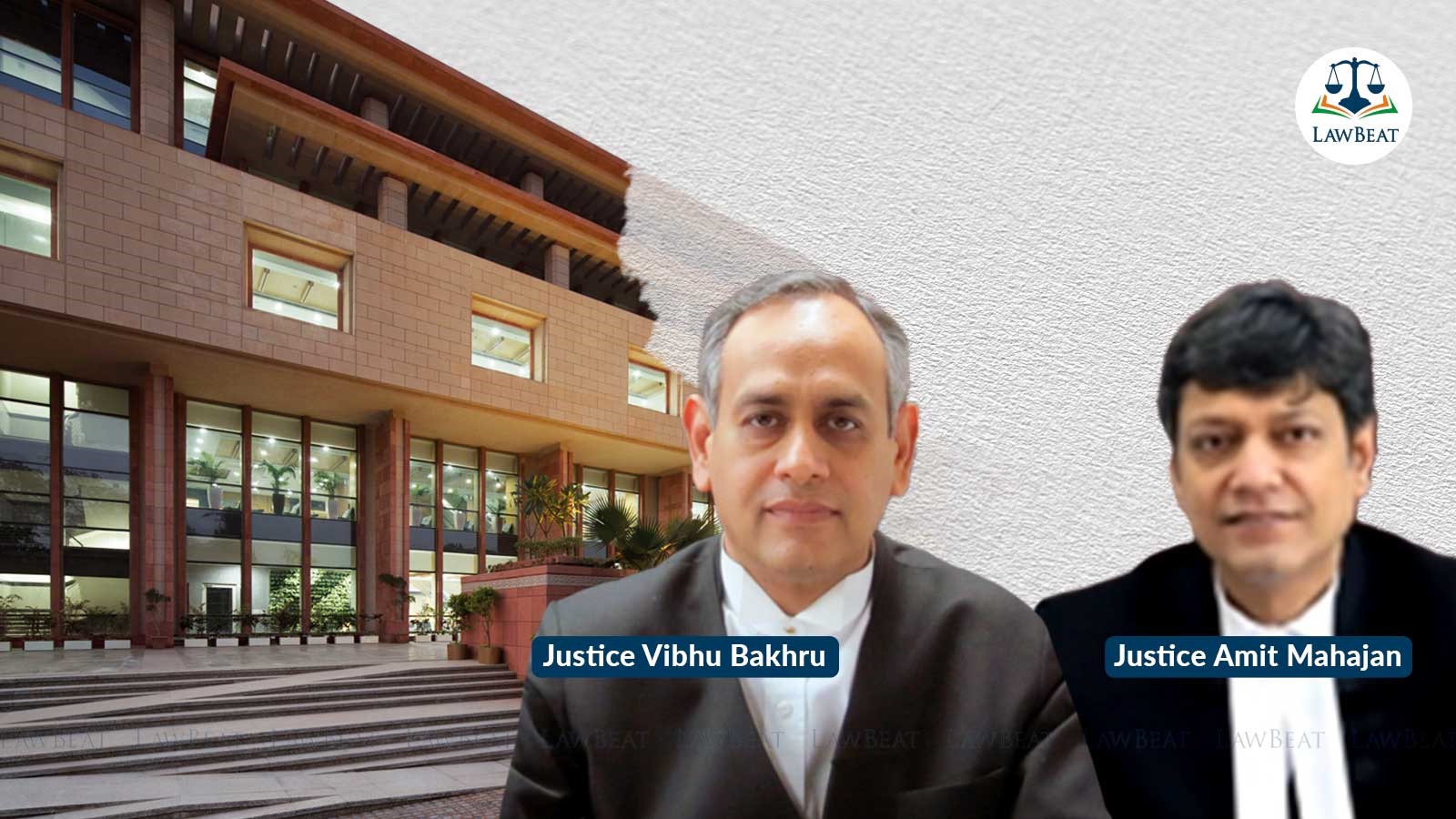Use of Trademarks in Google Ads Program Not Infringement: Delhi High Court

Court rejected the argument that, in the virtual realm, the use of keywords could be equated to applying the trademark to the software powering the Google Ad Program
In a recent verdict, the Delhi High Court clarified that the mere use of trademarks in the Google Ads program does not constitute infringement or passing off under the Trade Marks Act, 1999.
A division bench comprising Justices Vibhu Bakhru and Amit Mahajan cited their previous ruling in Google LLC v. DRS Logistics (P) Ltd & Ors, emphasizing that the utilization of trademarks as keywords by competitors, without causing confusion or deceit, does not inherently amount to infringing use.
The bench rejected the argument that, in the virtual realm, the use of keywords could be equated to applying the trademark to the software powering the Google Ad Program.
“The said contention is unmerited and insubstantial. The trademark is not applied to any material when it is used as a keyword. Neither Google nor the advertiser applies the trademark to any material. Neither of them do so to any material intended to be used for labelling or packaging of goods or as business paper. There is no application to any material for advertising goods or services,” ruled the court.
The case arose from appeals filed by Google against a single-judge interim order that restrained Booking.com from bidding on MakeMyTrip’s trademark through Google AdWords.
The division bench set aside the earlier order, determining that Booking.com using MakeMyTrip’s trademarks as keywords does not confer an unfair advantage.
Addressing the issue of an internet user's potential confusion, the court noted that a search for Make My Trip India Private Limited (MIPL) or its trademarks using the Google search engine would display MIPL’s web address in organic search results on the Search Engine Results Page (SERP).
The Court concluded that MIPL cannot claim any exclusive right based on trademark laws to prevent Booking.com’s advertisements or links from appearing as sponsored links. It stated, “Prima facie, we are unable to accept that MIPL can claim any such right on the basis of its rights under the Trademark Act.”
Highlighting Booking.com's status as a well-known platform offering travel services, the court rejected the notion that an internet user might be misled into thinking that the services offered by Booking.com are affiliated with MakeMyTrip.
"The learned Single Judge’s view that the use of trademark ‘MakeMyTrip’ as a keyword by Booking.com, which is one of its major competitors, would amount to infringing use under Section 29(4)(c) of the Trade Marks Act, is erroneous. This is because the services offered by Booking.com are similar to the services covered by MIPL’s trademarks. In these circumstances, Section 29(4) of the Trade Marks Act would have no application," the court said.
Consequently, the court set aside the single-judge’s order and allowed the appeals.
Case Title: Google LLC v MakeMyTrip (India) Private Limited and Ors.
